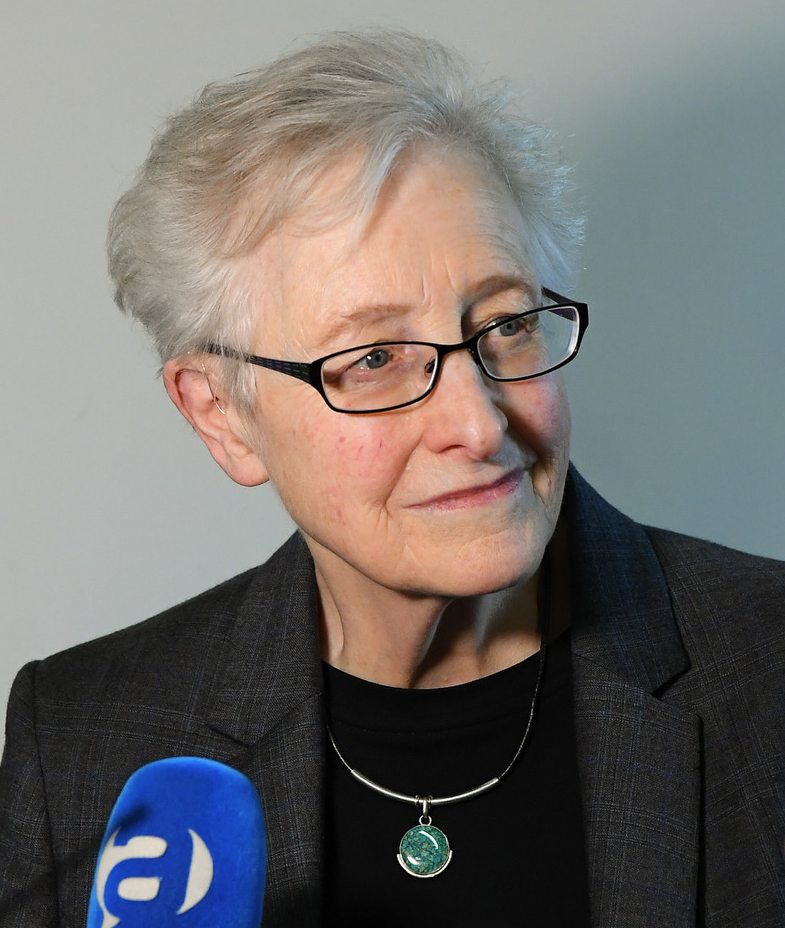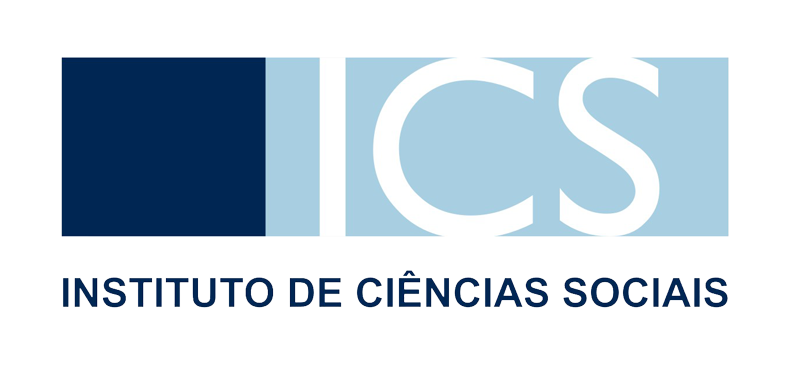
EASA2020:
New anthropological horizons in and beyond Europe
21-24 July 2020 in Lisbon
ISCTE-University Institute of Lisbon and ICS-Institute of Social Sciences, University of Lisbon
Keynote: Marilyn Strathern
Tuesday 21/07, 17:00-19:00
Terms of engagement
Anthropology is nothing if it is not a particular way of describing the world. Yet what is most precious to it -- the terms and concepts that mark it as a discipline -- can also be the most tricky. When resurgent boundaries and exclusions twist truth-telling and faking in any which way, anthropology might find a new urgency in thinking about the conceptual life it tries to express. How it engages has always depended on (attention to) how terms are used, something shared with those who people its subject matter. Today critical attention has never been more important. An exploration into the colourings and resonances of diverse verbal usages, old and new, points to moments where language works both with us and against us. Indeed supports for xenophobia and the like may be embedded where least expected. Out of it all, the lecture imagines a future for anthropological exposition. There could be no better place to start than in EASA’s many-languaged company.
 Marilyn Strathern
Marilyn Strathern
Emeritus Professor of Social Anthropology at Cambridge, and former Mistress of Girton,150 years ago the first residential college for women in the UK.
Strathern had the good fortune to begin her research career in Papua New Guinea, which led to work on law, kinship and gender relations. She subsequently became involved with anthropological approaches to the new reproductive technologies, intellectual property and audit cultures.
Her most well know comparativist foray remains Partial Connections (1991). The recently published, Before and after gender (2016), is also one of her first texts, written in the early 1970s. A genuinely recent book will be Relations: an anthropological account (2020).
Plenaries
Doubt and determination in ethnography [EASA Local Committee]
Wednesday 22/07, 17:00-19:00
Speakers: Stephan Palmié and Anne-Christine Taylor
Discussant: Ashley Lebner
Convenor: João de Pina Cabral
In writing ethnographic accounts, we are bound to attribute causal links between events and to attribute agency to collective entities. Yet, ethnographic evidence is constituted by experiences of communication that are grounded in indeterminacy and that remain ultimately underdetermined. In this plenary, we would like to explore how ethnographic doubt is written into the ethnographic narrative. In short, what does the ethnographer have to assume to make ethnography possible?
---
Previsioning the future: new tools, new actors [Early Career Plenary]
Thursday 23/07, 17:00-19:00
Convenors: Monica Heintz, Cristiana Bastos
From astrology to scientific forecasting, numerous tools have been developed since Antiquity for 'guessing' the future: predicting, previsioning, projecting, imagining. We welcome young scholars’ ethnographies addressing the tools and actors emerging in work environments to predict the future of labour and consumption and their role in the production of inequalities.
---
Colonial legacies and Decolonial Efforts in Anthropology at the Postsocialist and Postcolonial Peripheries of Europe [EASA Executive Committee]
Friday 24/07, 17:00-19:00
Convenors: Prem Kumar Rajaram and Mariya Ivancheva
The plenary rethinks anthropology in and beyond Europe and considers how disciplinary hierarchies are reinforced.This requires concerted effort to create new spaces to counter structures and practices that reinforce hierarchies. Speakers will engage with anthropology’s margins and marginalisations.











